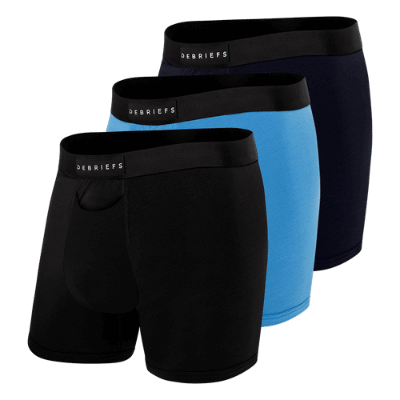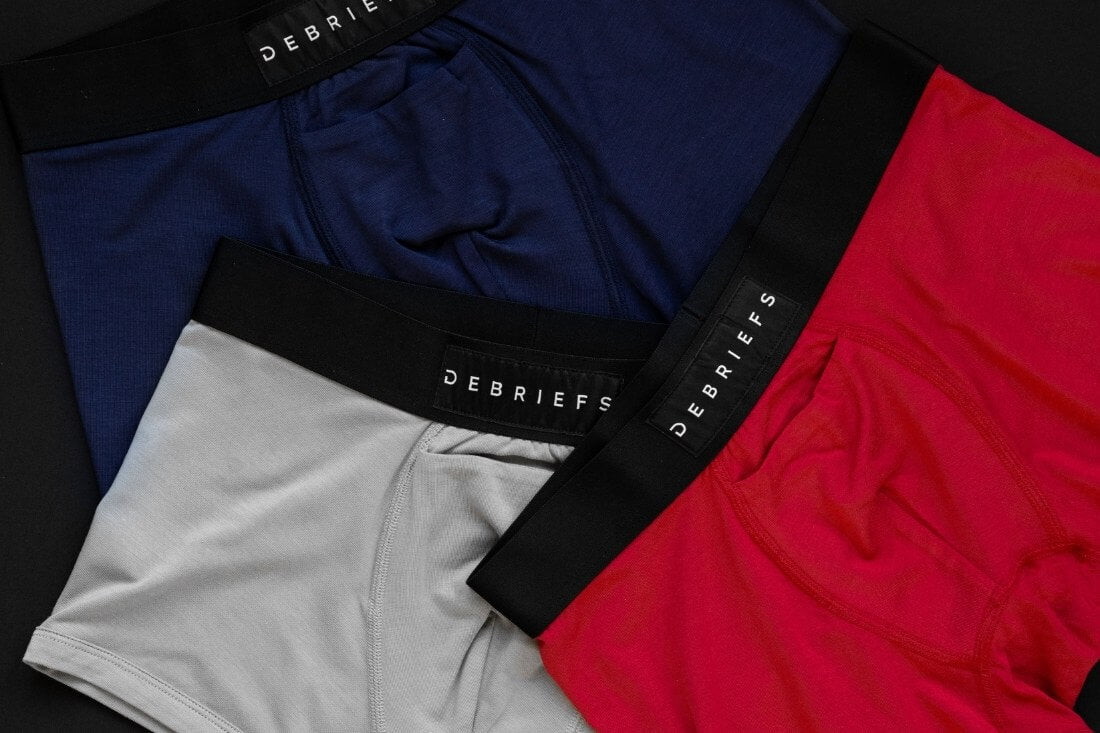Does Instagram look a lot different to you nowadays? From what used to be snapshots of famous world monuments, adorable cat clips, and photos of people's food, now, all you see now are abs, biceps, triceps, and the infamous v-cut. It's as if the app has become a digital copy of a Men's Fitness magazine! But in reality, that's simply what Instagram, and social media in general, has become. An easy platform for fitness freaks to show off their physiques while simultaneously trying to get you to work out like them to look like them. But are what they're doing motivation or pressure?
Social media's new standards
To put it bluntly, yes, social media does give pressure to people to keep fit. Health Fitness Club Connect highlighted an Australian study that saw how the platform does very little in promoting body diversity. Through the multiple channels wherein users take in viewing fitness on social media, the images that dominate them are those of very particular body types: toned, thin, ripped, and bodybuilder or model-types.
You can't deny that social media has changed the standards of what it means to "look" fit and healthy. You may lead an active lifestyle and feel great most of the time, but your followers on social media might not see it that way if you don't have toned muscles and chiselled abs to show for it. Physical evidence is needed and, as a result, this can put more pressure on you to work harder for those concrete results.
Body image issues go beyond your phone
It's important to note, however, that body issues have been around for a long time. Social Media has just exacerbated it into a different level. But in essence, such issues remain the same even if you're on the phone or not. When you were little, out on the school playground, didn't some kids tease you for looking chubby? Or perhaps it was even you who joked about your classmate for his/her weight. And there's no social media involvement there.
In many ways, the pressure to keep fit that you feel when you look at social media is as much an internal problem as it is an external issue. Yes, social media can do better in highlighting different body types, shapes and sizes and promoting them as an alternative yet equally desirable fitness goals. But while the platform hasn't reached that point yet, it's up to you to love your body the way it is. To still keep a healthy lifestyle without giving in to the pressure of "looking the part."
"Fitspiration" is real
With all of that said, social media motivation to keep fit and healthy really does exist. Science Daily shared a study from the University of Pennsylvania Annenberg School for Communication which saw that that social media can serve as a "powerful motivator for physical activity." "What this new study reveals is that these same positive behaviour signals are also powerful in our online networks, and can be harnessed for the social good. This approach could be applied not only to encourage exercise, but also to promote vaccinations, medication compliance, and preventative care." said the study.
So when you go on social media, you can still feel motivated instead of pressured to go work on your fitness goals. A good trend that's happening now is a number of these social media influences have started sharing their own transformation stories. They present what they looked like before adopting a fit lifestyle and the results of their hard work. And if you think you look like their before picture now, there's nothing stopping you to get to look like what they do now too!
Shout out to the real social media motivators
Although there are a lot of social media influencers out there who really just want to show off their physiques, you can't lump them all with those out there who sincerely want you to adopt a healthier lifestyle. And while they, too, show off their physiques, they still make it a point to motivate you—without peer pressure—to getting as fit as them.
A good example is Alex Crockford, a British influencer from the UK. You can forgive Alex for posting too many shirtless selfies when you realize that he tailors his exercises to your abilities. He's pushing you to work out to "look just like him," yes, however, he also realizes that exercising is different for everybody and not everyone will have the same stamina and motivation as him.
And there are more like Alex on social media that you can still follow to get you motivated with “fitspiration.” Some even tackle the issue of mental health themselves. They, too, realize that what they do on social media can have a negative impact on many people out there. So instead of just focusing on their bodies an physical fitness, they've made it a point to talk about mental fitness too. A good example of this is Ben Bidwell, known as "The Naked Professor" on Instagram.
In the end, your journey to fitness should start with you and you alone. If you're happy with exercising and eating right without getting those abs and big biceps, more power to you. If you want to work for them, do so because you want to and it will make you feel better, not for a couple of likes on your social media page!






